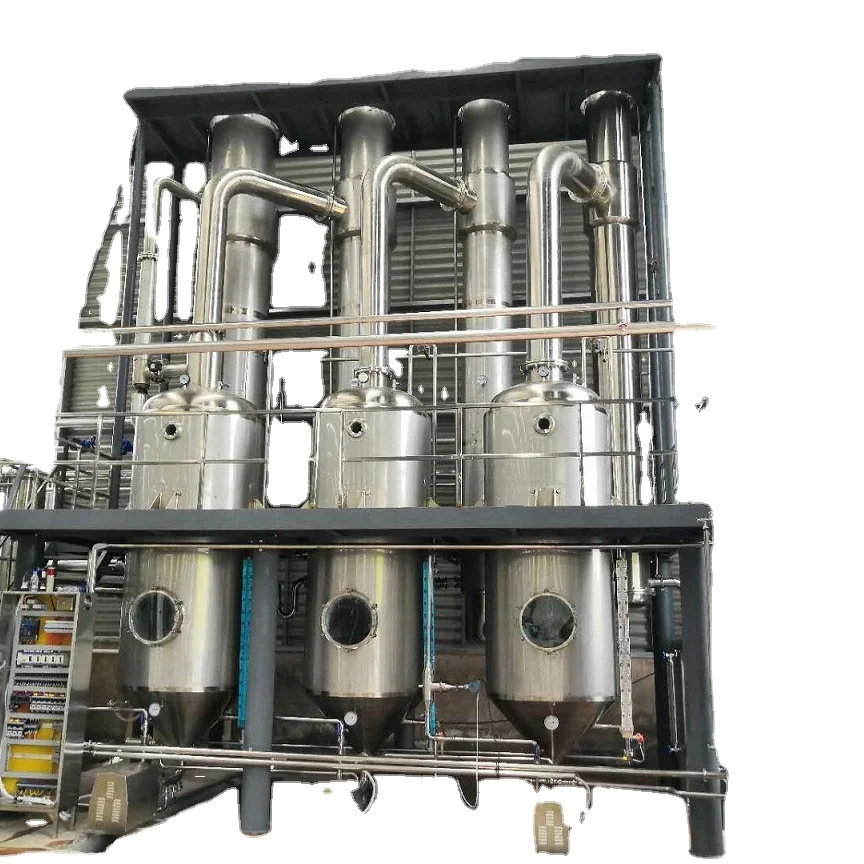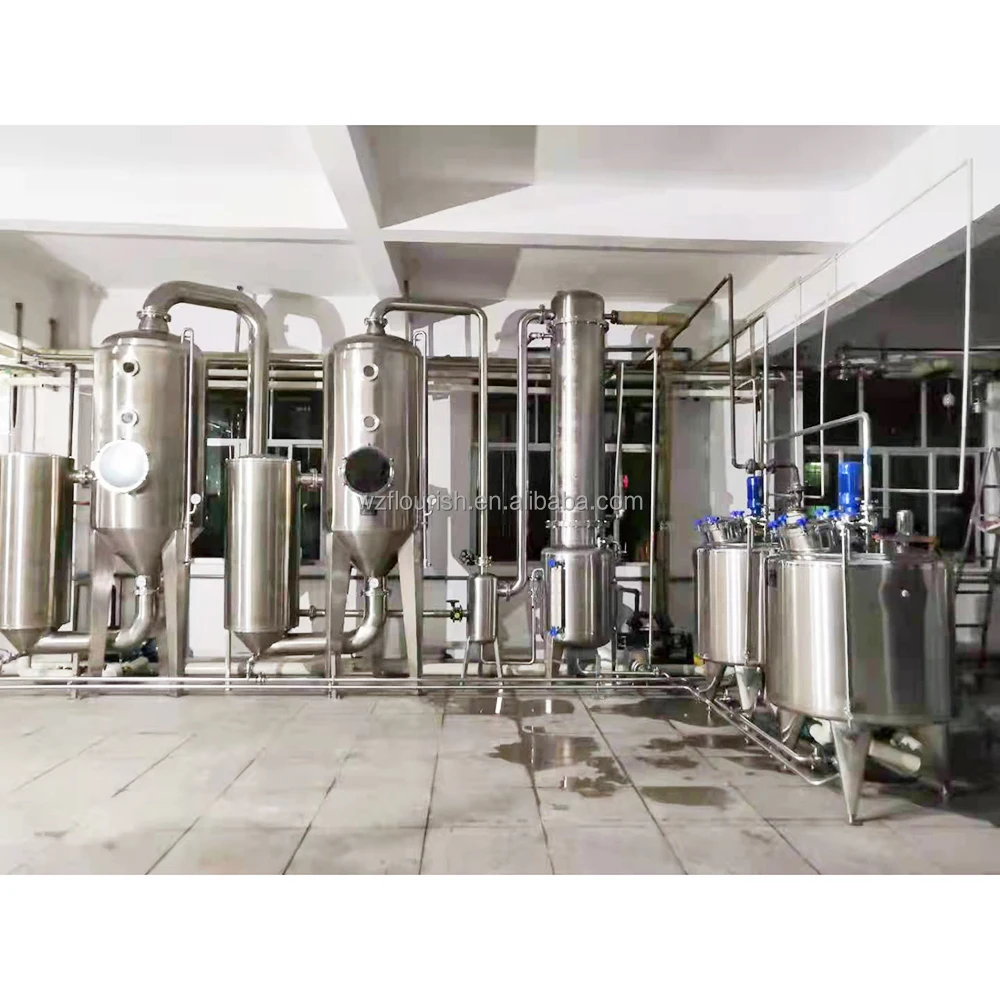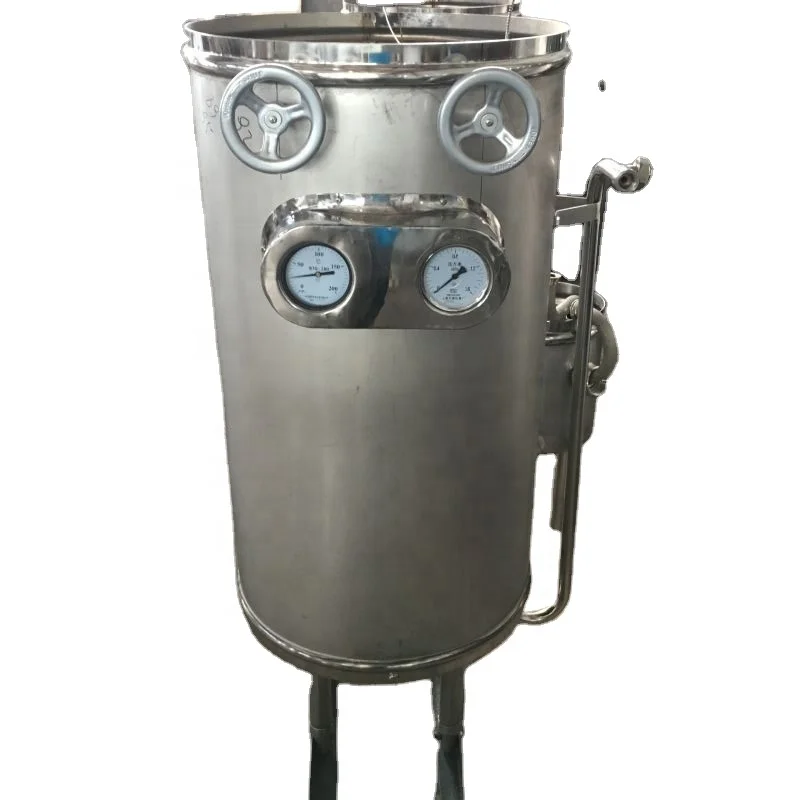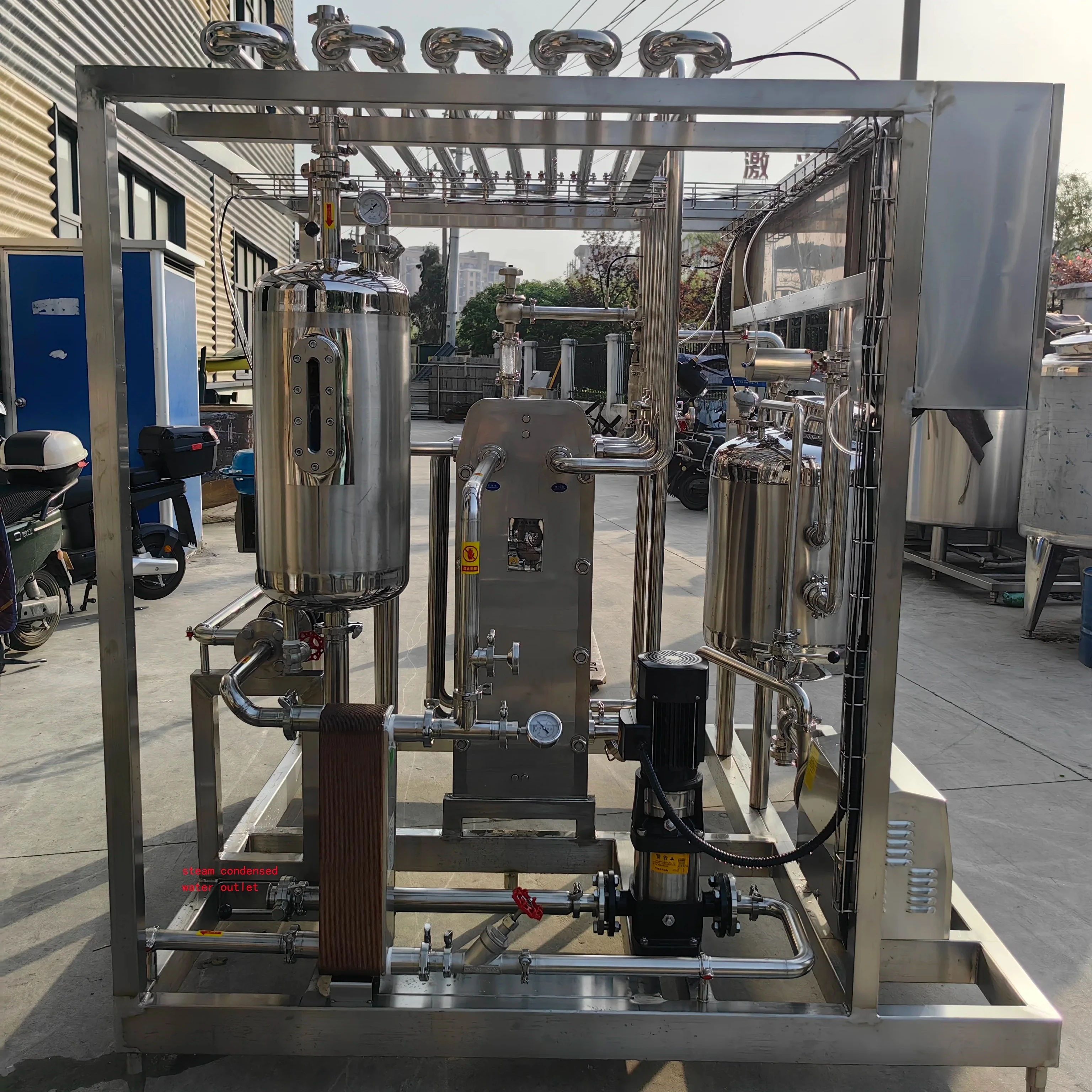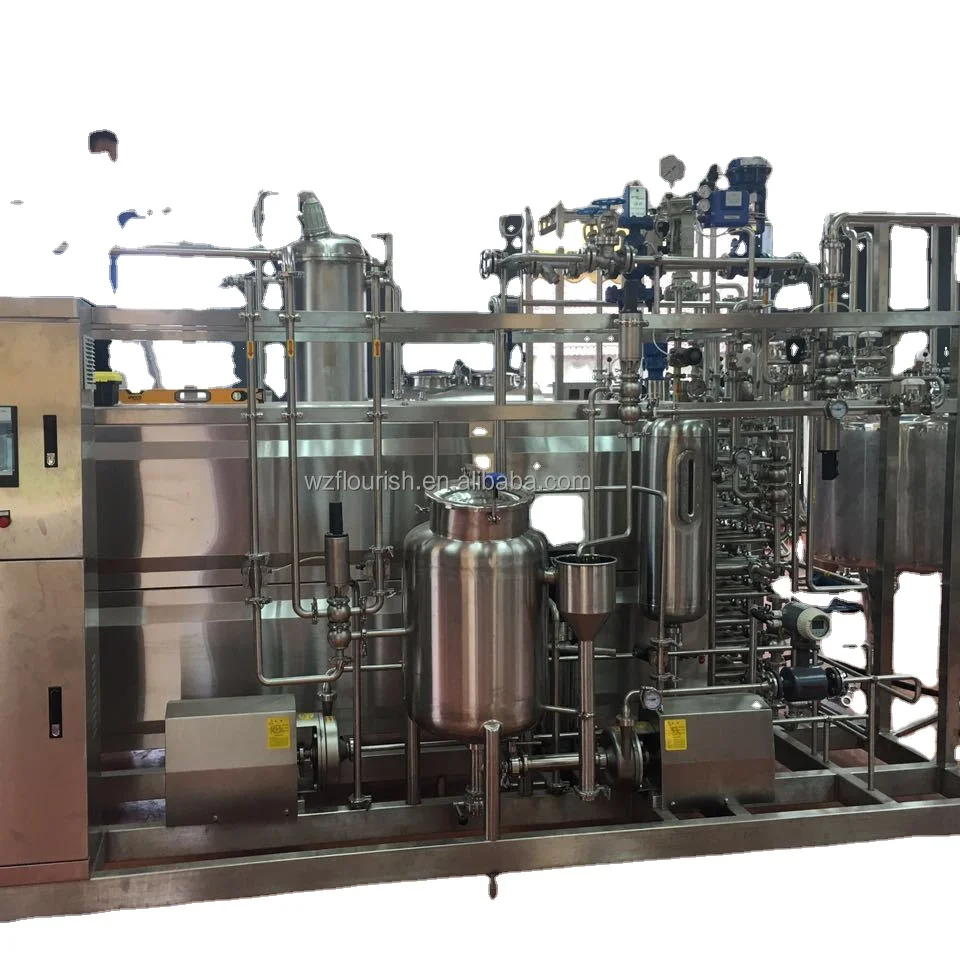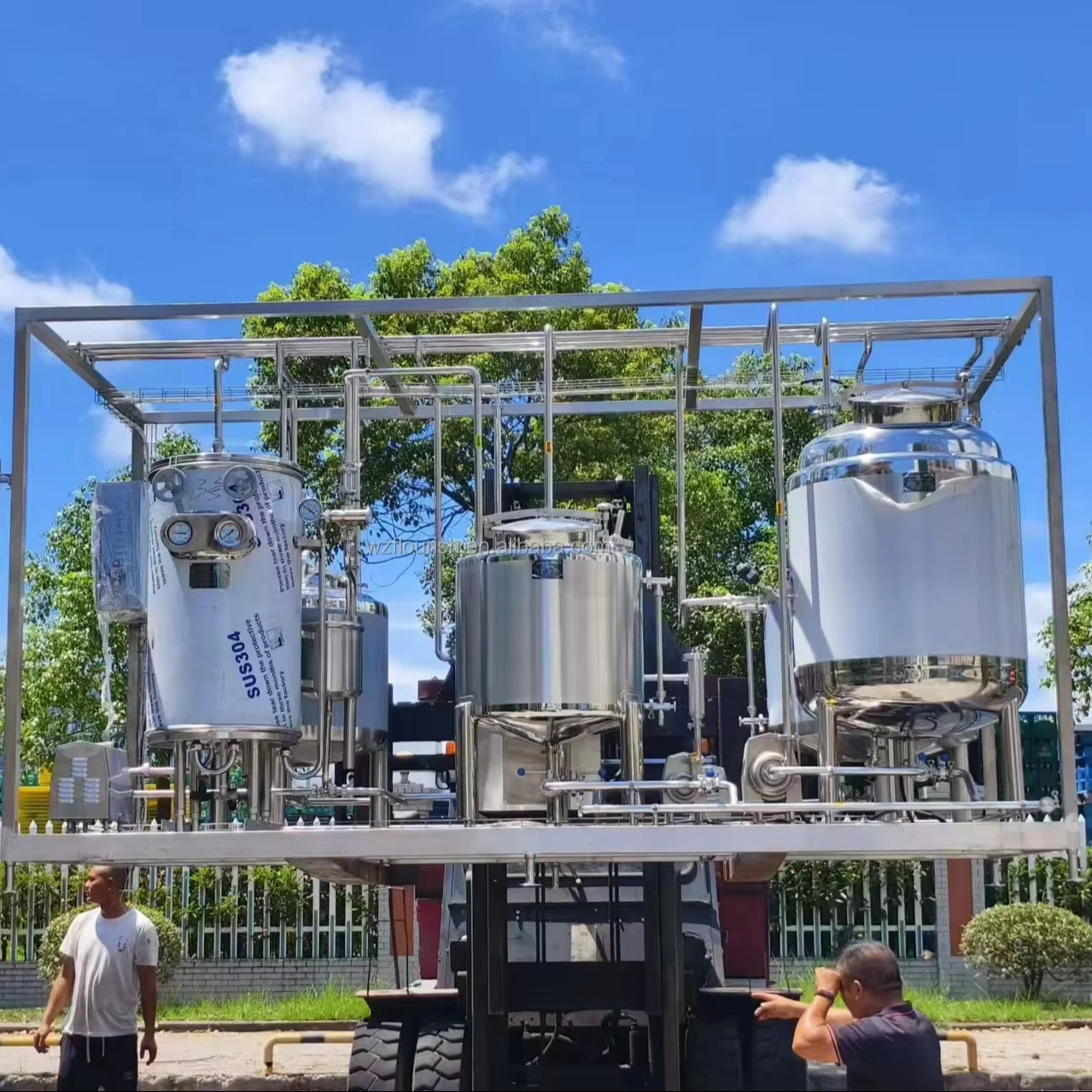ABOUT
Wenzhou Vince Machinery Science Co., Ltd. was established in early 1980s. Our company covers an area of 6500 square meters and is an independent legal representative firm, possessing rich economic technology strength. Our company is a high tech enterprise and plays an important role in national dairy, foodstuff, pharmacy and machinery industries. We are a beverage machinery supplier.
Since the establishment, our company has mainly engaged in dairy products, foodstuff, beverage machinery, bean products, yellow wine, medicines and fermentation projects. What's more, our company supplies a complete sequence services in manufacturing, installation, test and personnel train, as well as the whole direction service design and consulting service on product project construction or enlargement artistic distribution engineering sets budget.
PRODUCTS
Fermentation Tanks: A Controlled Environment
Fermentation, a process that has been utilized for centuries, plays a crucial role in producing a wide range of products, from alcoholic beverages to fermented foods. At the heart of this process lie fermentation tanks, specialized vessels designed to create a controlled environment for microbial activity. These tanks are not simply large containers; they are meticulously engineered to provide the ideal conditions for the precise transformation of raw materials into desired products. The intricate interplay of temperature, oxygen levels, and other factors within these tanks is what allows brewers, winemakers, and food producers to consistently achieve the desired flavors, aromas, and textures.
Temperature Control: The Foundation of Consistency
Temperature is one of the most critical parameters in fermentation. Microorganisms, the tiny workhorses driving the process, thrive within specific temperature ranges. Too high, and they might die or produce undesirable byproducts. Too low, and their activity slows, delaying the fermentation process. Fermentation tanks are equipped with sophisticated temperature control systems, often utilizing cooling jackets or internal coils to precisely maintain the ideal temperature for the specific organism and desired outcome. This ensures that fermentation proceeds consistently, leading to consistent product quality.
Oxygen Management: Balancing Growth and Metabolism
Oxygen plays a complex role in fermentation. While some microorganisms require oxygen for growth, others are inhibited by its presence. Fermentation tanks are designed to accommodate these diverse requirements. Some tanks are sealed to minimize oxygen exposure, creating an anaerobic environment suitable for yeasts in alcoholic fermentation. Other tanks may allow for controlled oxygen introduction to encourage the growth of aerobic bacteria in certain food fermentations. This careful oxygen management ensures the desired microbial activity and the production of the intended flavors and aromas.
Mixing and Agitation: Ensuring Uniformity
To ensure uniform fermentation, proper mixing and agitation are essential. Fermentation tanks utilize various methods to achieve this. Some employ rotating paddles or impellers to constantly stir the contents, keeping the yeast or bacteria in suspension and ensuring even exposure to nutrients and oxygen. Other tanks rely on a gentle swirling motion to create a uniform environment. This consistent mixing helps to prevent sedimentation and ensures that the fermentation process proceeds evenly throughout the tank.
Monitoring and Control: Precision and Accuracy
Modern fermentation tanks are integrated with advanced monitoring and control systems. These systems continuously track key parameters like temperature, pH, and dissolved oxygen levels. Real-time data is displayed on user-friendly interfaces, allowing operators to closely monitor the fermentation process and make adjustments as needed. This precision control ensures optimal conditions for the microbial activity, minimizing the risk of variations in the final product.
From Beer to Yogurt: The Versatility of Fermentation Tanks
Fermentation tanks are not limited to a single application. They are utilized across various industries, including brewing, winemaking, food production, and even pharmaceutical manufacturing. Their adaptability stems from their ability to provide a controlled environment that can be tailored to specific fermentation needs. Whether it's brewing craft beer, producing fine wine, fermenting yogurt, or cultivating probiotic bacteria, these tanks are an indispensable tool for harnessing the power of microorganisms to create a diverse range of products.
SUBSCRIBE
INQUIRY

